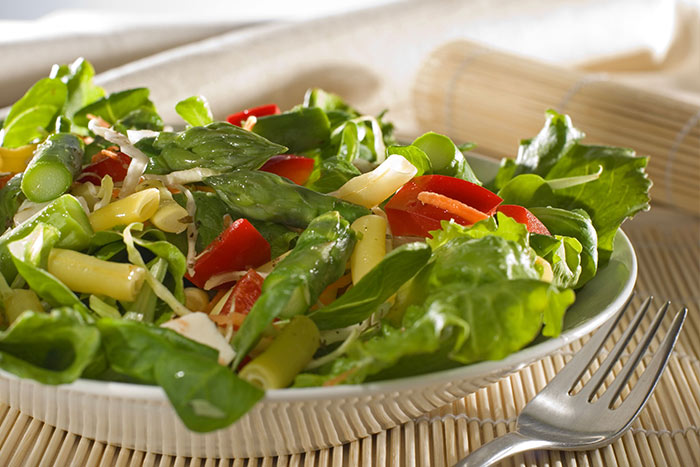Overview: This article explores how an anti – inflammatory diet may enhance the survival rates of colorectal cancer patients, analyzing the relevant mechanisms and the significance of dietary adjustments.
Article Content
Colorectal cancer is one of the most common and deadly cancers worldwide. While traditional treatments such as surgery, chemotherapy, and radiation play crucial roles in combating this disease, emerging research suggests that an anti – inflammatory diet may also have a positive impact on colorectal cancer survival rates.
The Role of Inflammation in Colorectal Cancer
Inflammation is a natural immune response of the body to injury or infection. However, chronic inflammation has been linked to the development and progression of many types of cancer, including colorectal cancer. In the case of colorectal cancer, chronic inflammation in the colon and rectum can lead to DNA damage, cell proliferation, and the formation of tumors.
Inflammatory mediators, such as cytokines and prostaglandins, can promote the growth and spread of cancer cells. They can also create a microenvironment that is favorable for tumor development, by suppressing the immune system’s ability to recognize and destroy cancer cells.
Components of an Anti – Inflammatory Diet
An anti – inflammatory diet typically consists of foods that are rich in antioxidants, omega – 3 fatty acids, and other anti – inflammatory compounds.
Fruits and Vegetables: Fruits and vegetables are packed with vitamins, minerals, and antioxidants. For example, berries are rich in anthocyanins, which have strong anti – inflammatory properties. Leafy greens, such as spinach and kale, contain lutein and zeaxanthin, which can help reduce inflammation in the body.
Whole Grains: Whole grains are a good source of fiber, which can help regulate the gut microbiome. A healthy gut microbiome is essential for maintaining a balanced immune system and reducing inflammation. Whole grains like brown rice, quinoa, and oats are also rich in antioxidants and other nutrients that have anti – inflammatory effects.
Fish: Fatty fish, such as salmon, mackerel, and sardines, are high in omega – 3 fatty acids. Omega – 3 fatty acids can reduce the production of inflammatory cytokines and prostaglandins, thereby decreasing inflammation in the body.
Nuts and Seeds: Nuts and seeds, such as almonds, walnuts, and flaxseeds, are rich in healthy fats, antioxidants, and fiber. They can help reduce inflammation and improve overall health.
Spices: Spices like turmeric, ginger, and cinnamon have anti – inflammatory properties. Turmeric contains curcumin, which has been shown to have potent anti – inflammatory and anti – cancer effects.
How an Anti – Inflammatory Diet May Improve Survival Rates
There are several ways in which an anti – inflammatory diet may improve colorectal cancer survival rates. Firstly, by reducing inflammation in the body, the diet can help slow down the growth and spread of cancer cells. This can give the body more time to fight the cancer and respond to treatment.
Secondly, an anti – inflammatory diet can support the immune system. A strong immune system is crucial for recognizing and destroying cancer cells. The nutrients in an anti – inflammatory diet can help boost the immune system’s function, making it more effective in combating the disease.
Finally, an anti – inflammatory diet can improve the overall health and well – being of patients. Colorectal cancer treatment can be physically and emotionally taxing. A healthy diet can provide the energy and nutrients needed for recovery and can also improve the quality of life during and after treatment.
Implications for Patients and Healthcare Providers
For patients with colorectal cancer, incorporating an anti – inflammatory diet into their treatment plan can be a simple yet effective way to improve their chances of survival. Healthcare providers should encourage patients to make dietary changes and provide them with the necessary education and support.
It’s important to note that an anti – inflammatory diet is not a substitute for traditional cancer treatments. However, it can be used as a complementary approach to enhance the effectiveness of these treatments and improve the patient’s overall prognosis.
In conclusion, the evidence suggests that an anti – inflammatory diet may play a significant role in improving colorectal cancer survival rates. By understanding the role of inflammation in the disease and making appropriate dietary changes, patients can take an active role in their treatment and recovery. Further research is needed to fully understand the mechanisms and the optimal dietary patterns for colorectal cancer patients, but the current findings are promising.


